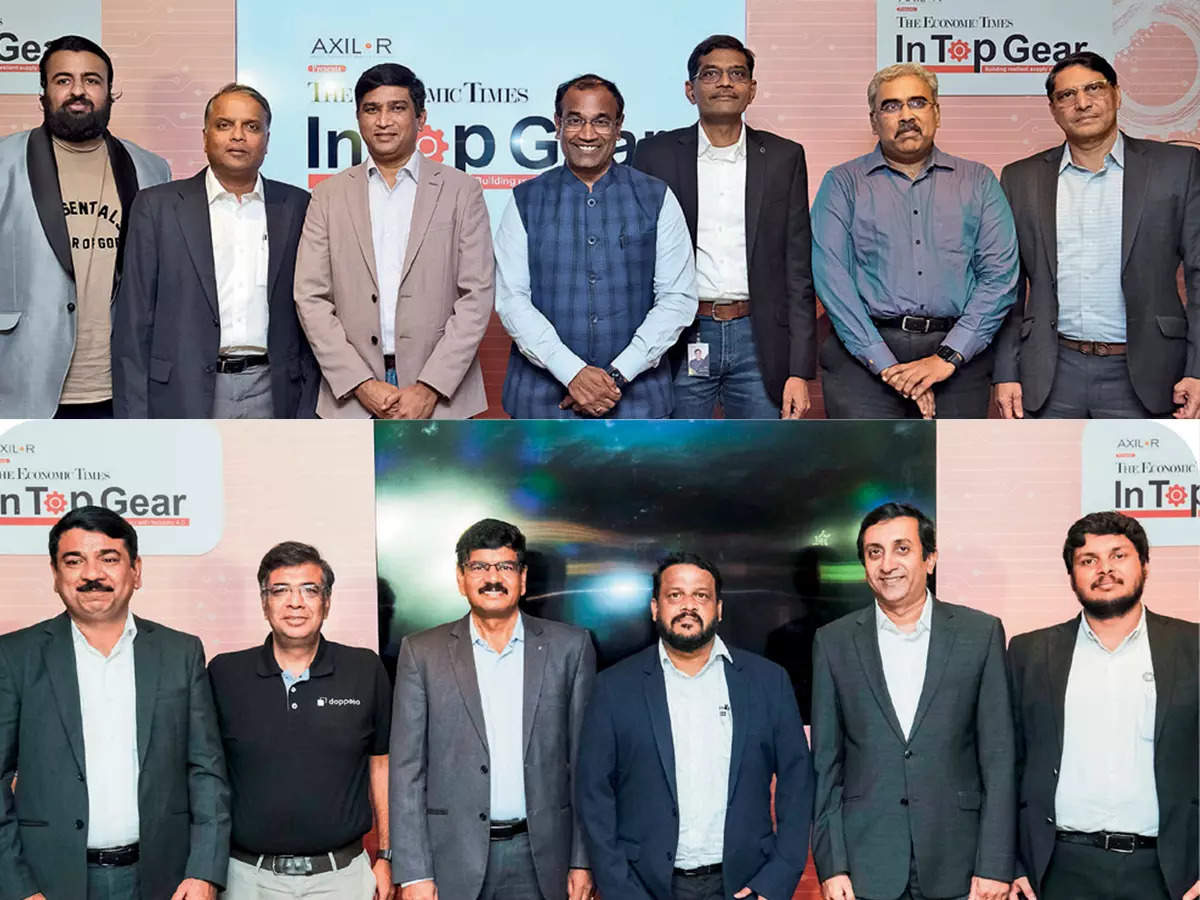
Automation in manufacturing at scale. Resilience in tomorrow’s supply chain. Changing consumer choices and the industry’s ear to the ground working as mantra.
Evolving consumer preferences is rapidly redefining the roadmap for automobile products. Emerging regulation is adding to the complexity with traceability of input turning to be critical. With consumers increasingly opting for EVs against ICE vehicles, the 100-year-old industry is seeing never before complexity. The smorgasbord of these changes among consumers, policymakers and regulatory needs are together changing mobility forever.
Product lifecycles are shortening as consumer tastes evolve. Building a sustainable supply chain and data driven manufacturing capabilities are helping the industry reimagine its future. While the uncertainty unfolds, it presents an opportunity for India to muscle into designing the software-driven vehicles of tomorrow.
The core of the automobile is being impacted by a number of factors. Mobility systems are increasingly in vogue and vehicles are programmed to drive themselves. Policymakers are seeing the automotive value chain and beyond to address the externalities. Competition is turning intense with EV brands from China moving the proverbial cheese for global automakers. The demand for automobile in the emerging markets could be the pie that India’s industry could aim for.
IT industry changed India’s perception around the world. Tech-driven automobiles could rev that to a higher gear.
Megatrends, global opportunities
Automobile manufacturers are looking to add fresh wings to their wheels, riding on the megatrends that are shaping the winder industry. A surfeit of data about consumer preferences and habits could help customise the automobiles of tomorrow, with specific cohorts enjoying the comfort of vehicles with their broad preferences. Manufacturing such vehicles is now possible as they become more software-driven for each specific feature.
Regulators and governments across nations are looking to the possibilities of examining the entire value chain and beyond to address the wider opportunities for the industry. Technology value addition advances – imagine interactive safety systems, connected vehicles, data guzzling and producing components, traceability of components, and ultimately self-driving cars! The ride for the industry, and its consumers, could have just begun.
Remember the mention of megapixels in a camera? A similar shift could be underway for the automobile industry where the ubiquitous data eclipses the mention of horsepower. That could alter the industry’s basic business model could be transformed.
The global powerhouse for automobiles – North America, Europe and Japan – could potentially be running out of fuel. Or, to put it in the EV-led world, running out of charge. They had led the design and manufacture for several decades. A tectonic shift in the recent years has been the growth of China and South Korea, which is tilting the balance towards Asia. India’s software prowess is increasingly turning more important as the industry evolves and the next few decades could see that trend playing out.
Disruption by digital technologies
Digital technologies is heralding a change in the industry’s business model. For decades, automobile companies focused on cost savings into mechanical, performance-oriented features, such as horsepower and gadgetry. The shift from mechanical to solid-state systems has the potential to opportunities to improve their economics. The ability to analyse real-time road data should add to the sales and marketing efforts.
Big data simulations and virtual modelling are cutting down development costs and as well as the time to market. That should resonate with customers conditioned to the innovation clock speed of consumer electronics, such as smartphones. Ultimately, the increasingly improved available of data help companies narrow down on the features that are doing well with their consumers.
Online platforms that can connect supply and demand globally could add to the efficiency of companies across the supply chain. Embedded data sensors should enable more precise monitoring of the performance of vehicles and component. More data could mean more opportunities.
The heart of the automobile systems is already changing. The soul is bound to change soon, too.
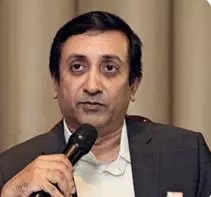
Srivats Ram, MD, Wheels India said, “Digital transformation in manufacturing is democratising processes, enabling more efficient and autonomous operations. By integrating IoT systems and data-driven insights, companies can streamline maintenance, improve traceability, and ultimately create a flatter organisational structure. This evolution is not just about adopting new technologies, but also about cultivating a culture of continuous improvement.”

Suresh Mahadev, Deputy MD, Renault Nissan Automotive India said, “India is on the brink of a new era in the automotive sector, driven by advancements in connected technology and sustainable operations. To fully realise these opportunities, we must embrace new manufacturing techniques and strengthen our infrastructure to support innovations like connected cars, autonomous vehicles, and shared mobility.”
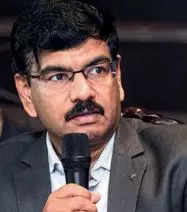
Jayakumar G, Group President & MD, Valeo India said, “The emphasis is on creating smarter factories that operate with minimal human supervision. The transition from decentralised to centralised architectures, coupled with sustainable practices like renewable energy adoption, is setting the stage for a future where manufacturing is more efficient, environmentally conscious, and adaptable to new technological demands.”
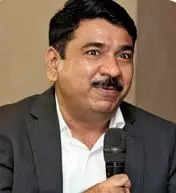
Prashant Khairnar, Deputy Executive Director & CDO, Shriram Pistons & Rings said, “India’s unique blend of strengths in software development and cost-effective research is set to drive future innovation. As technology advances, reducing design and development cycles will be crucial. Leveraging tools that integrate real-time feedback from social media with cutting-edge Al can significantly accelerate market readiness.”

Aniruddha Banerjee, Co-founder & CEO, SwitchOn said, “Personalisation is rapidly becoming a key differentiator in products today. Consumers now expect products to cater to their specific needs and preferences. This shift towards highly customised experiences is driving innovation and pushing manufacturers to rethink how they design and deliver their offerings.”
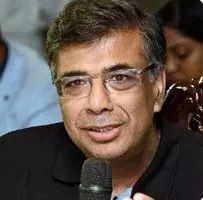
Gaurav Johri, Co-founder & CEO, Doppelio said, “The automotive industry’s shift towards software- defined vehicles and connected technology is reshaping how products are designed and experienced. The fusion of real-time data, connectivity, and intelligence is breaking down traditional silos, enabling rapid innovation and adaptation. Organisations (that) can integrate these elements to meet evolving customer expectations.”
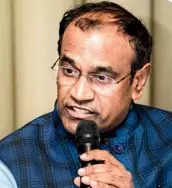
Ganesh Mani S, President, Chief Operating Officer, Ashok Leyland said, “India’s automotive sector is making significant strides with a dual approach: exporting nearly 15-20% of its products globally and achieving $21 billion in component exports from a $71.4 billion market. This strategy, coupled with a strong focus on quality and supply chain resilience, is enhancing India’s global presence and competitiveness.”
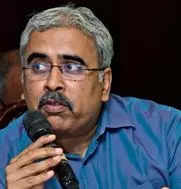
Rajesh Raghavan, President – Corporate, Rane Holdings said, “India is increasingly becoming a significant export hub, with nearly one-third of the auto industry’s revenue coming from exports. As technology transitions shorten from six years to three, and with the rise of electrification, India’s manufacturing sector is poised for a major leap.”
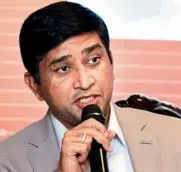
Keerthi Prakash VM, MD, Renault Nissan Automotive said, “This expansion is fueled by the rapid development of supply chains, increasing focus on high-tech components, and the growing presence of Global Capability Centers (GCCS). For India to fully capitalise on these opportunities, investment in R&D and the development of indigenous technologies will be crucial.”
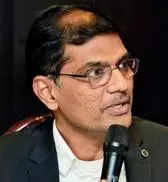
Muthu Maruthachalam C, President & Chief Procurement & Supply Chain Officer, Daimler India Commercial Vehicles said, “As technology rapidly evolves, India’s automotive component industry must adapt swiftly. To compete globally, India needs to advance from mere component sourcing to becoming a hub for cutting-edge technology and innovation, ensuring it leads rather than follows in the global market.”
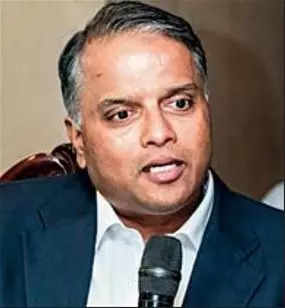
R. Ramanan, Chief Innovation Officer, TVS Supply Chain Solutions said, “Indian suppliers and the supply chain offer significant value by leveraging Industry 4.0 technologies, skilled workforce, and the large domestic market. These factors provide global clients with technological advantages, quality assurance, and economies of scale, making India an increasingly attractive hub for international business.”
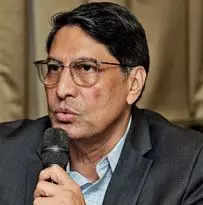
Ramakumar Ramachandran, Co-founder & Chairman, Wizfreight said, “India faces a significant challenge in matching China’s decade-ahead infrastructure for global exports. While infrastructure development will take time, embracing digital innovation in logistics can offer a competitive edge. By leveraging technology and fostering new partnerships, India can enhance its global presence in cross-border freight and beyond.”

Pulkit Baldev, Co-founder & CEO, Metalbook said, “Establishing trust with OEMs involves demonstrating consistent quality and reliability over time. Even though startups are known for their agility, traditional players can also excel by embracing transparency and precision. In industries like automotive, where accuracy and traceability are critical, building strong partnerships based on mutual growth and dependable service is key to success.”

